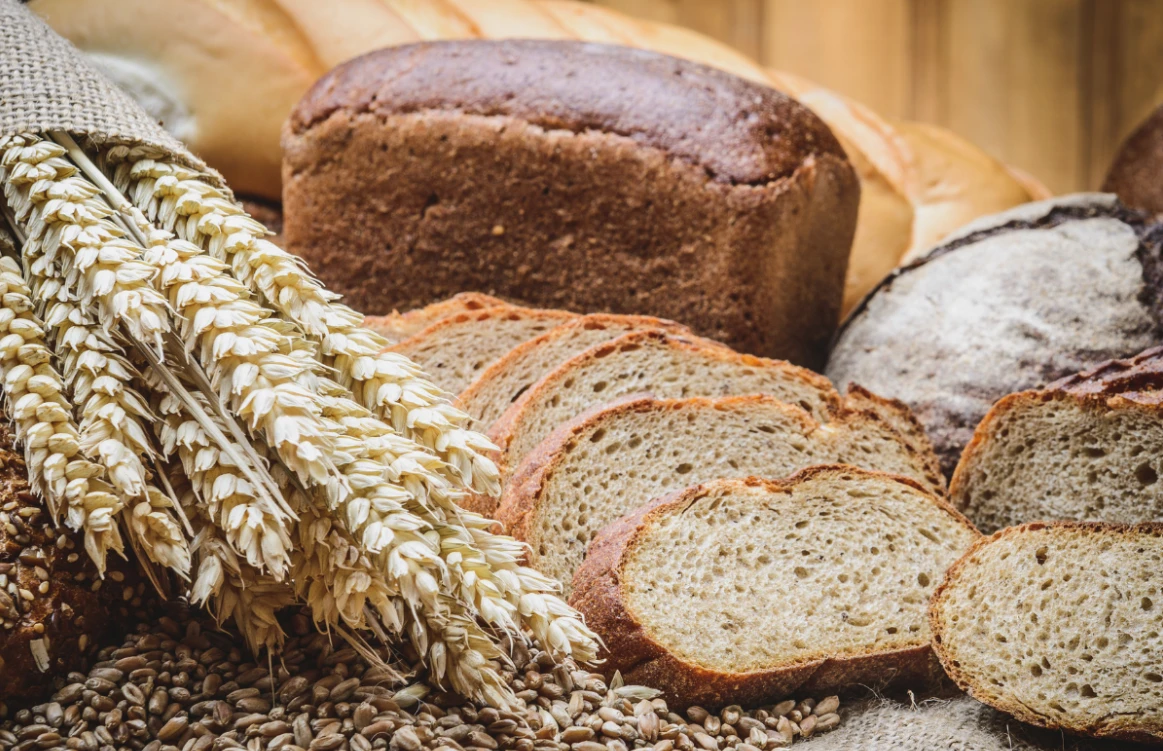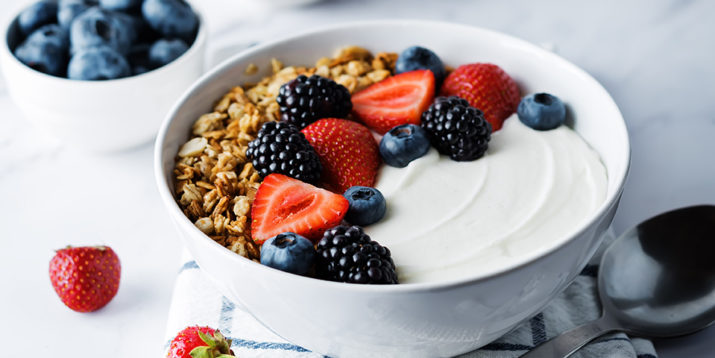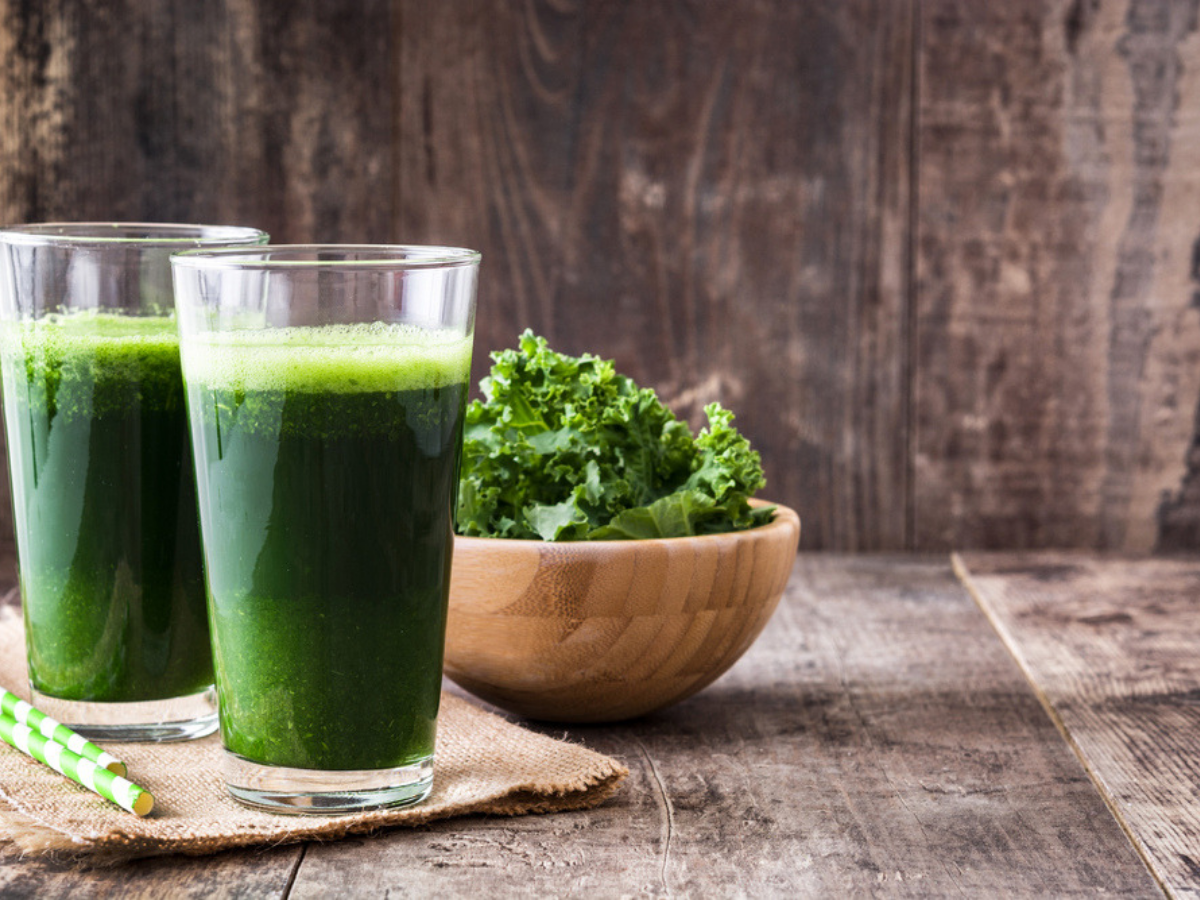Healthy or unhealthy, is no doubt entirely context, and dosage-dependent.


Just because some foods seem healthy doesn't mean they are! The most powerful tool for nutrition is the knowledge of what is being consumed. When a food is called healthy but contains tons of additives and ingredients and chemicals that you can’t even pronounce, then it is not healthy at all.
Healthy or unhealthy, is no doubt entirely context, and dosage-dependent.
Dosage and context always matter a great deal when discussing healthy or unhealthy foods too. To the hypertensive, limiting salt is probably a good idea. To the healthy person, if you cook most of your own food, cooking with salt is probably not a big deal (and makes stuff a little tastier...) A few small daily doses/servings of raw cruciferous vegetables is probably fine for the majority of people who don't have any issues with their thyroid, iodine or selenium deficiency.
In this post, we take a look at the top 7 worst “health” foods that are not actually a healthy choice.
Wheat Bread

Whole wheat bread likely isn't the health food you were hoping for. You can add wheat to literally any carbohydrate and label it as a wheat product. Whole wheat, bread can contain enriched flour, which gives you a sugar spike and crash without any nutritional value. Basically, enriched flour means nutrients are stripped from the bread.
A lot of people choose multi-grain or seven-grain bread because they think they’re more nutrient-dense. The reality: Most of these loaves of bread still list unbleached enriched wheat flour as the first ingredient. Sure, these slices of bread may also contain whole grains, but they’re more an afterthought than the main event.
Flavoured/Frozen Yogurt

Yogurt is considered one of the best foods because of the probiotics it contains and its effects on your digestive system. The gut and intestines do benefit from healthy bacteria for sure, but what about the other ingredients in flavored yogurt? High amounts of sugar or artificial sweeteners far outweigh the benefits of protein that yogurt provides. No matter what mix-ins you choose there is absolutely no nutritional value in frozen yogurt.
If you need a little flavor to get you going, consider cinnamon.
Flavored Soy Milk

Soy can be a source of protein and potassium, however, drinking the vanilla or chocolate flavors adds 10 grams of sugar and 50 calories per cup. Flavored soy milk may even worse for you than the dairy variety. It has the potential of being an endocrine disruptor, wreaking havoc on individuals with hormonal issues.
Swap it for regular soy milk, or you could try almond milk or hemp milk.
Dried Fruit

Everyone loves dried fruit as it’s sweet and full of goodness. But dried fruit can also be problematic if you've been snacking on them as it could be adding tons of sugar to your diet. Many commercially-prepared dried fruits are coated with added sugar and preserved using sulfites, one of the most common food allergens. Over 40 grams per serving in a package of commercially prepared dried fruit is not unheard of!
Fruit that’s dried is often lacking the water-soluble nutrients in its fresh, canned or frozen counterparts and is calorie-dense. With the water removed, it’s easy to overeat. Fresh fruit is the better choice, but to be fair, dried fruit provides lots of fiber. Just be careful about the quantities and choose “no-added-sugar” varieties.
Sushi

You must be thinking why Fish, rice and seaweed aren’t healthy, well to answer that the fish part is great, but you are mostly eating white rice and dipping it in soy sauce—getting lots of refined carbohydrates and sodium. This can later cause health problems.
A regular salmon or tuna roll can be a good treat, but it's the westernized versions you have to watch out for. You can swap it for Sashimi! It's usually accompanied with radish and ginger.
Green Juice

Drinking green juice in moderation can boost intake of multiple nutrients, but too much may cause serious side effects. Green vegetables are a rich source of oxalic acid, also considered as an antinutrient because it binds to minerals in food.
Hummus
:max_bytes(150000):strip_icc()/white-bean-hummus-dip-3377730-hero-04-582e42dcd1914d3b9f246f645e10b22d.jpg)
Hummus is fairly high in sodium, and some commercial formulas may be quite high in sodium. Sodium is an essential nutrient, but high sodium intake correlates with a higher risk of high blood pressure. Over time, this can increase the risk of heart disease. Shop-bought hummus is laced with salt and fat. Some types of hummus contain more salt than four packets of ready salted chips.
PM Shehbaz unveils Rs38b Ramazan Relief Package
- 17 hours ago
Boycott averted, Pakistan and India set for World Cup blockbuster
- 18 hours ago

How to train yourself to enjoy winter
- a day ago

They backed Trump. Then Border Patrol arrested their neighbor. What now?
- a day ago
Tucker stars as Ireland crush Oman by 96 runs at T20 World Cup
- 15 hours ago

Trump discovers that the road to autocracy is lined with potholes
- a day ago
Imran Khan, both sons talk over phone after prolonged hiatus
- 15 hours ago
First National Chief of Army Staff Wrestling Championship 2026 concludes in Sialkot
- 11 hours ago
Bangladesh Jamaat-e-Islami concedes defeat in election
- 18 hours ago

Gold prices increase in Pakistan, global markets
- 19 hours ago

Could lab monkeys soon become a thing of the past?
- 2 hours ago

YouTube is coming to the Apple Vision Pro
- 4 hours ago






